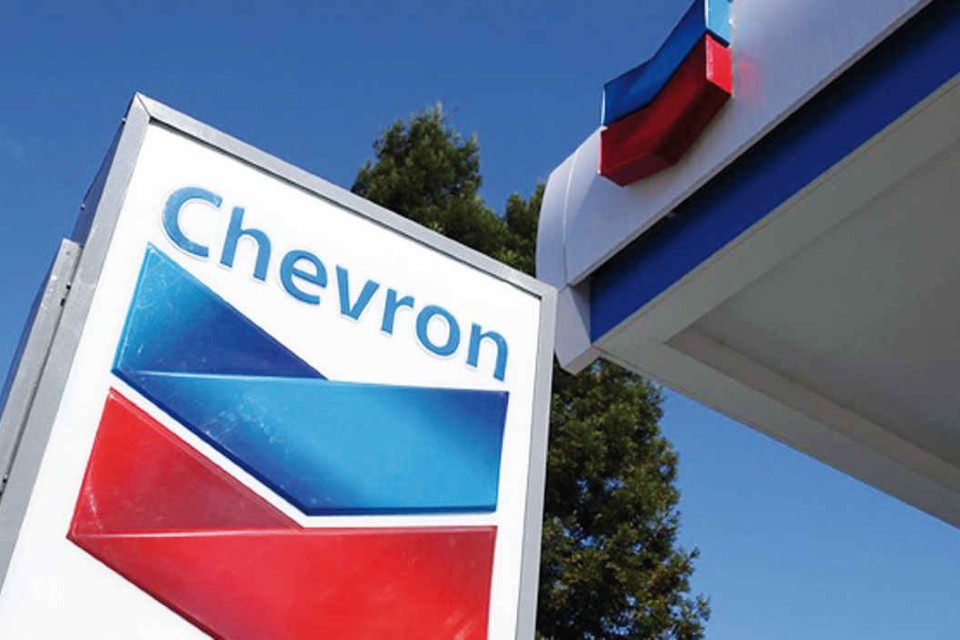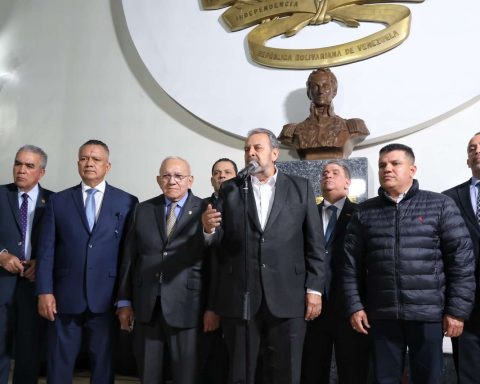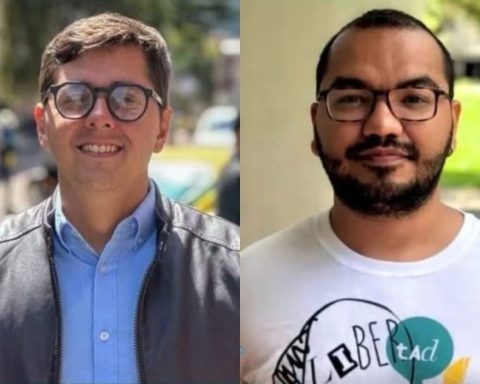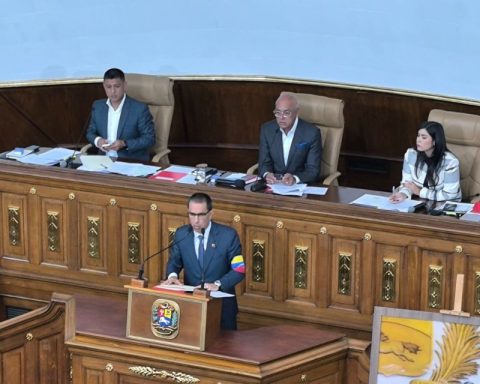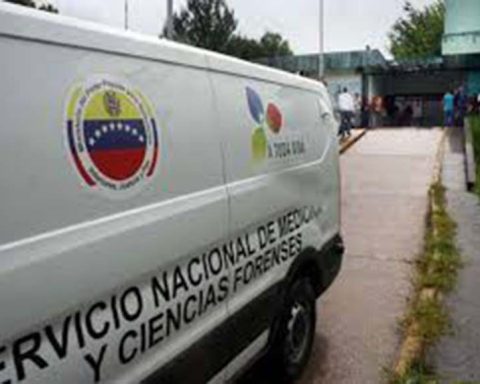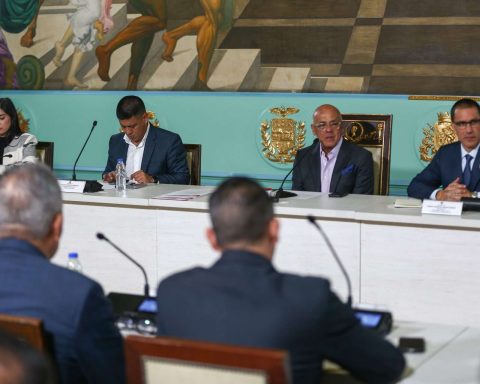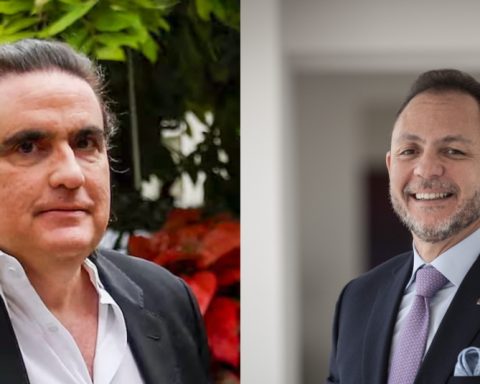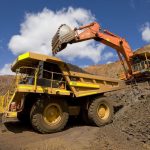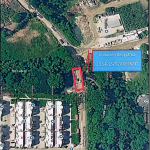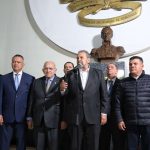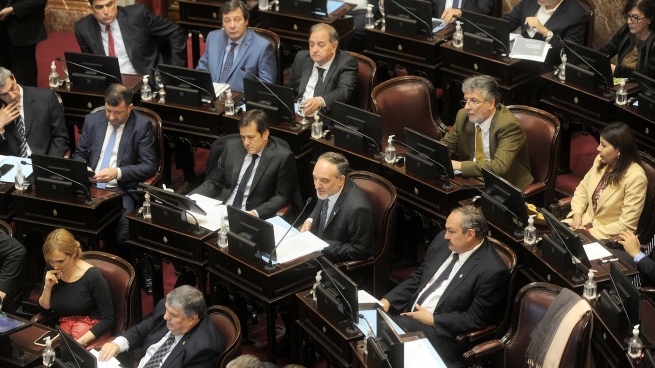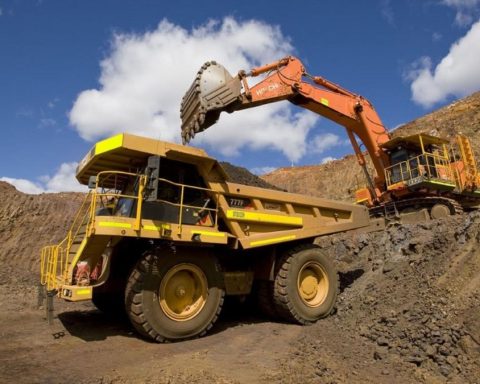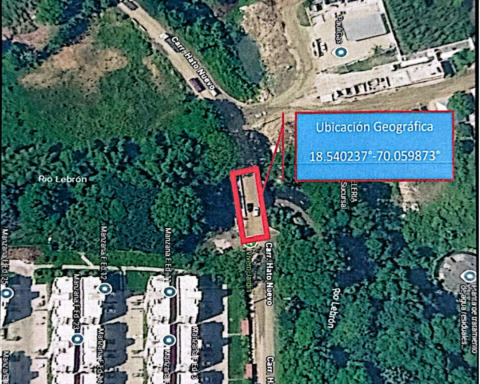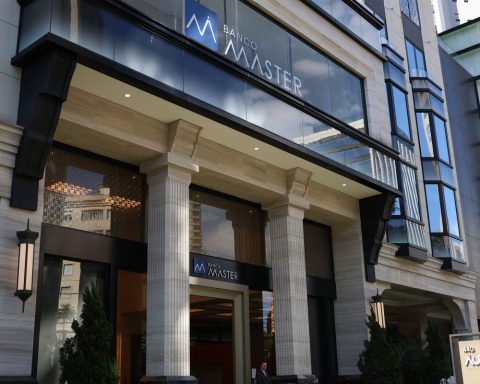Chevron has asked the US government to extend its license to operate in Venezuela after the oil major agreed with state-owned PDVSA to renew joint ventures in the sanctioned country, six people close to the matter told Reuters.
A request for authorization to expand its operations in Venezuela is the latest attempt by the California-based company Chevron (USA) to have a greater participation in joint ventures, reactivate production and resume trade in Venezuelan oil. US sanctions in recent years have slashed the country’s production and restricted operations, especially those with foreign partners.
Chevron obtained approval to negotiate with Venezuelan officials, but Washington insisted that it would not ease the sanctions without advancing in a dialogue between President Nicolás Maduro and the political opposition headed by Juan Guaidó.
At the end of August, the US Treasury Department’s Office of Foreign Assets Control (OFAC) asked Chevron for clarification and details of the agreement with PDVSA, said two of the people consulted by the agency Reuters.
Chevron’s chances of gaining approval to expand its business in Venezuela could be slim without concrete results from talks between Maduro and the country’s opposition.
At stake are millions of barrels of Venezuelan oil that could help replace Russian supplies that some European nations and the United States have banned following the Ukraine invasion. An extended license could also allow Chevron to recover at least a portion of billions of dollars in unpaid debts in the four joint ventures in which it participates.
Chevron declined to comment, adding that the company is in compliance with the sanctions framework.
“We remain committed to the safety and well-being of our employees and their families, the integrity of our joint venture assets, and the company’s social and humanitarian program,” spokesman Ray Fohr said.
The US Treasury declined to comment. PDVSA and the oil ministry did not respond to a request for comment.
deep renovation
The Chevron-PDVSA pact contemplates a deep renovation of activities in its four projects. Includes a exchange of crude oil for diluents to facilitate the processing of heavy oil for export at the large Petropiar company in the Orinoco Belt, and is proposing to resume oil production from the Petroboscan company, which was recently halted due to operational bottlenecks, two of the people said.
“Chevron wants to have more influence in acquiring companies, hiring people and trading oil,” another of the sources said. “From PDVSA’s point of view, the projects will continue to be its business units, so it will appoint their managers,” added another of the people consulted.
PDVSA has agreed to rely on Chevron’s key operating decisions, although no legal changes to the company’s stake are planned in the short term, the sources said.
*Also read: Ambassador of Colombia in Venezuela confirms that Monómeros returns to the control of Maduro
Oil Minister Tareck El Aissami said this week that “The ball is in the court of the United States government” when asked about negotiations with Chevron. “We have discussed and agreed with (Chevron) everything related to the immediate restitution of operations.”
If the administration of President Joe Biden approves Chevron’s proposed terms, it could free up oil inventories that Venezuela has been unable to export and resolve its lack of diluents to convert heavy oil into exportable grades.
obstacles abound
Washington sees Maduro’s 2018 re-election “as a farce” and Maduro has called Venezuela’s opposition puppets of the United States as he retains power despite sanctions.
At least a US legislator recently asked Chevron for a copy of its agreement with PDVSAtwo of the sources said. The US Congress this year opposed any trade expansion that could be seen as relaxing sanctions aimed at driving out Maduro.
Congressional opposition remains a major hurdle to any expanded permit for Chevron, though some influential US State Department officials favor a license that would at least allow trade under the limits initially set by the Trump administration. said those consulted.
State Department officials have been in contact with Maduro envoys about a deal with the country’s opposition originally called primarily to negotiate free presidential elections. There has been little progress.
